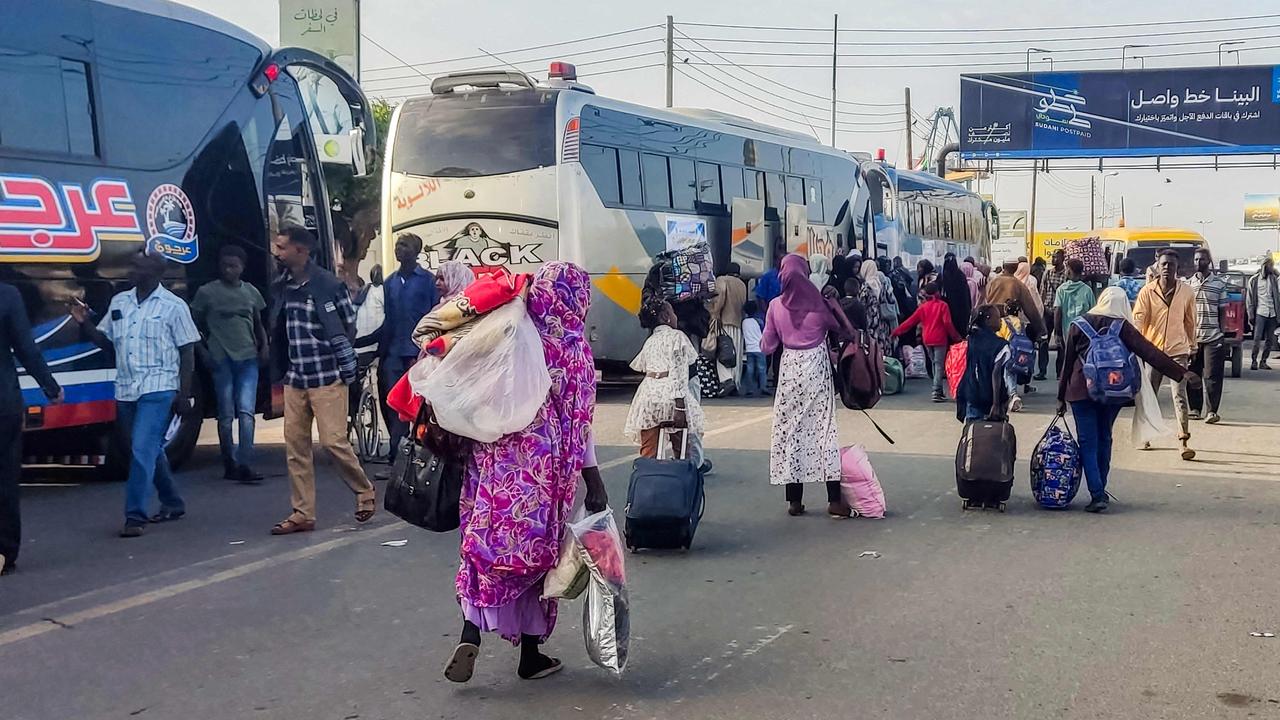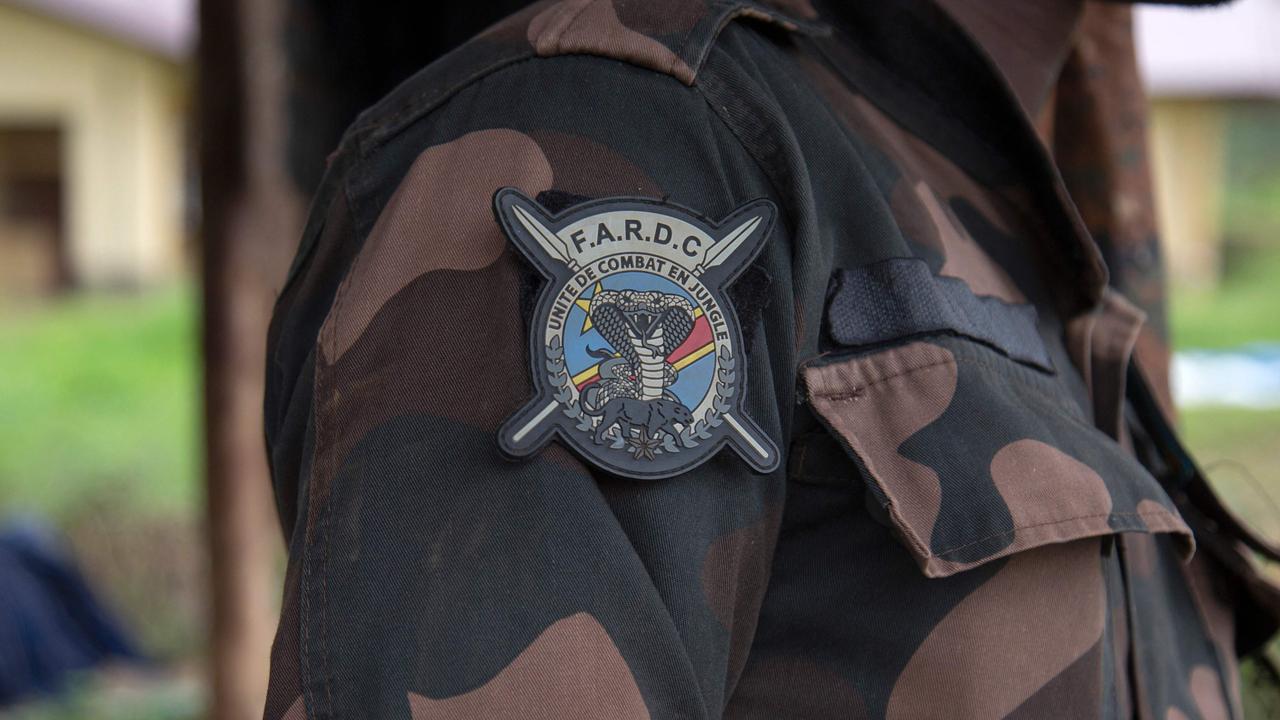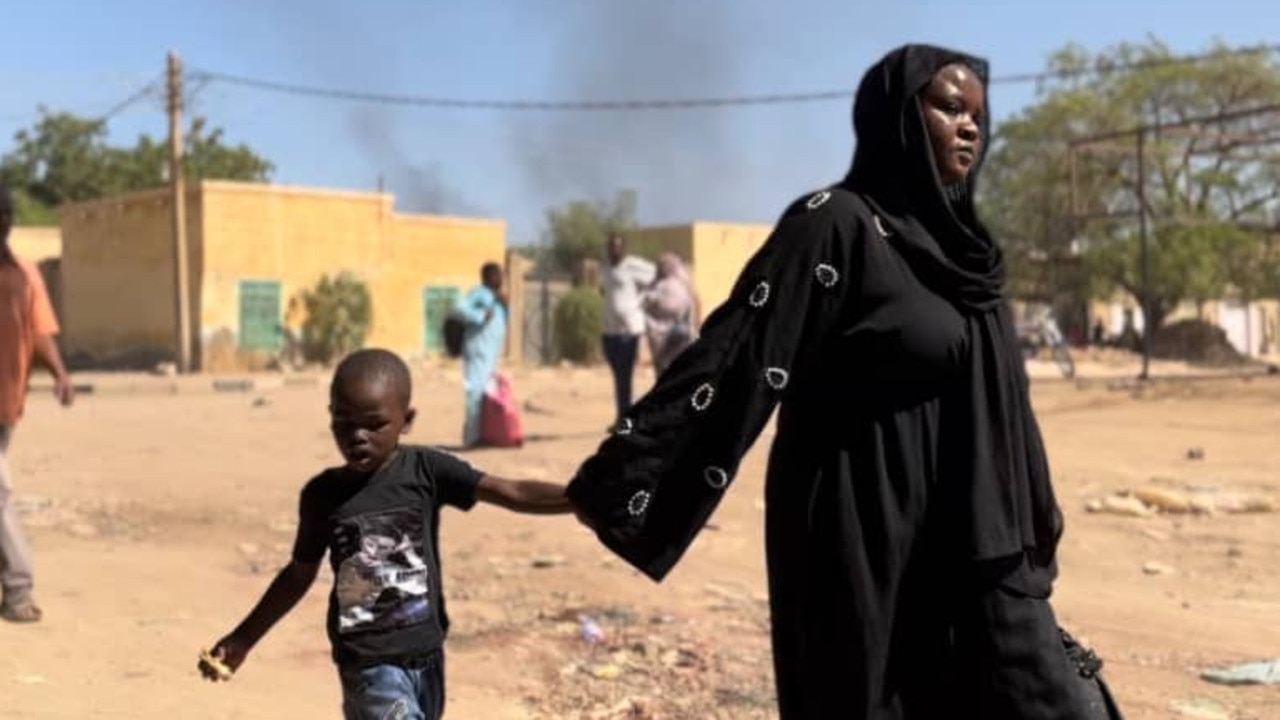Kenyan doomsday cult massacre that killed hundreds, including 191 children, continues to haunt survivors
Survivors of a Christian cult in Kenya continue to be haunted by the massacre of hundreds of members, including 191 children.
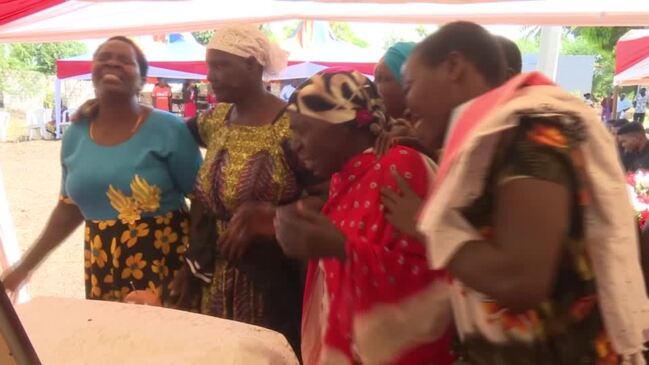
Survivors of a Christian cult in Kenya remain haunted by the massacre of hundreds of members, many of whom their extremist leader had convinced to starve themselves to death in anticipation of the end of the world.
At least 436 bodies have been recovered since police raided Good News International Church deep in the forest about 40 miles from the coastal town of Malindi 17 months ago in one of the deadliest cult-related massacres ever.
The church’s doomsday pastor, Paul Mackenzie, has pleaded not guilty to charges in the murders of 191 children, multiple counts of manslaughter and other heinous crimes, the New York Post reports.
He faces life in prison if convicted.
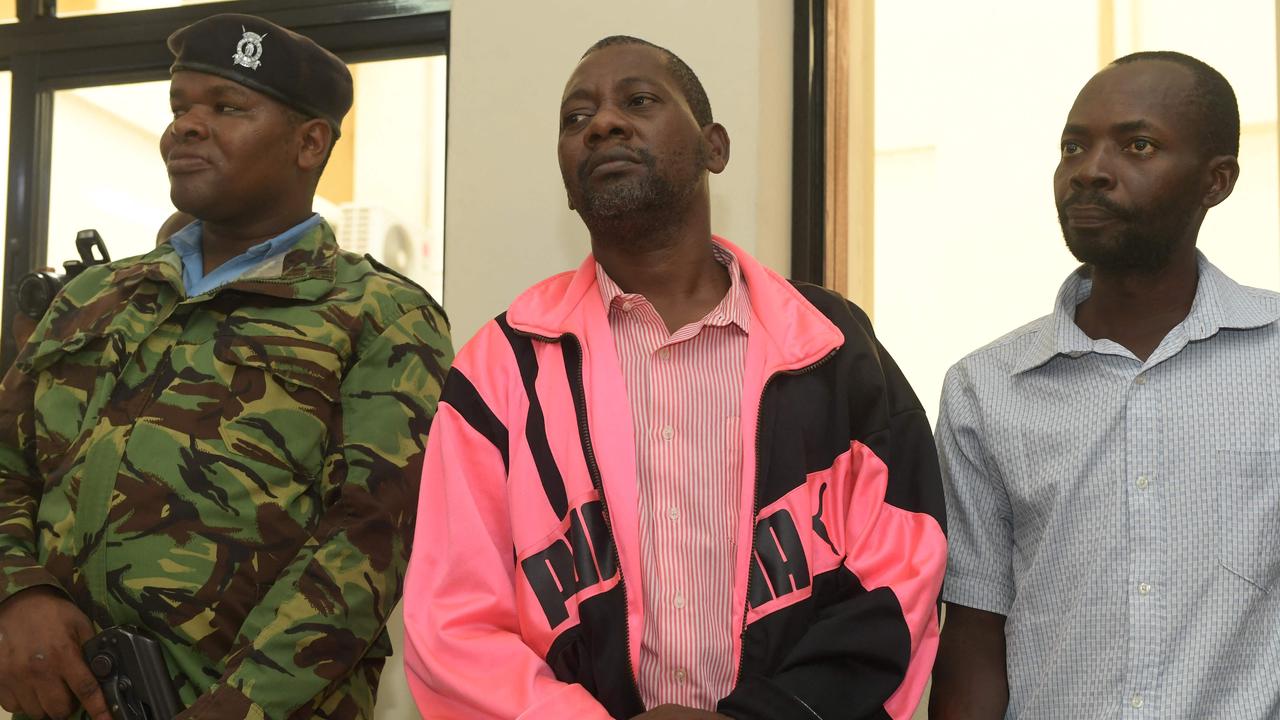
The charismatic preacher rose to national fame as he was said to perform miracles and exorcisms and could be generous in sharing the wealth he accumulated with his followers, which included teachers, police officers and others from across the Christian-dominant country.
“As a religious leader, I see Mackenzie as a very mysterious man because I can’t fathom how he was able to kill all those people in one place,” said Famau Mohamed, a sheikh in Malindi.
“But one thing that’s still puzzling, even at the moment, is he still talks with so much courage. … He feels like he did nothing wrong.”
Mackenzie, a former street vendor and cab driver with a high school education, apprenticed with a preacher in Malindi in the late 1990s and opened his own church there in 2003.
As his power and influence grew, other pastors and leaders began to sound the alarm on his teachings. He emerged on the government’s radar first after opposing formal school and vaccinations.
He was detained in 2019 for opposing government efforts to assign national identification numbers to citizens, claiming the numbers were satanic. He shut down his church in Malindi and urged his congregation to follow him to Shakahola, where he leased 800 acres of forest inhabited by elephants and big cats.
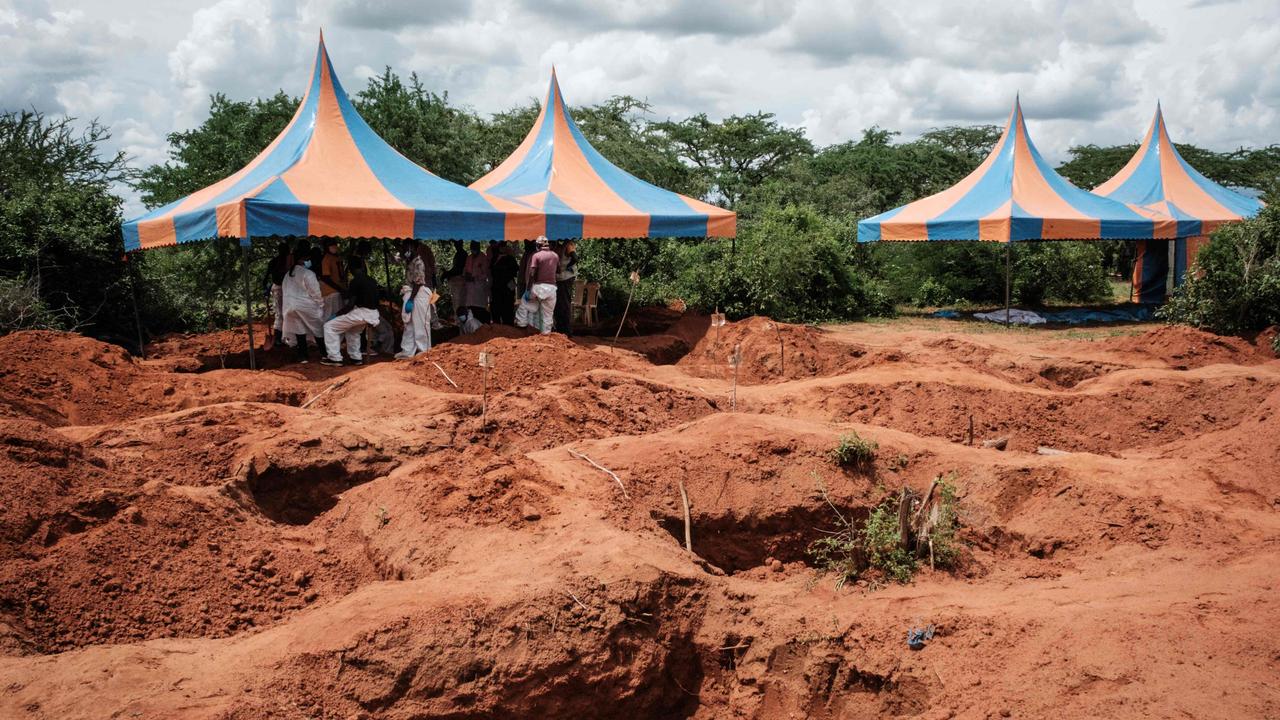
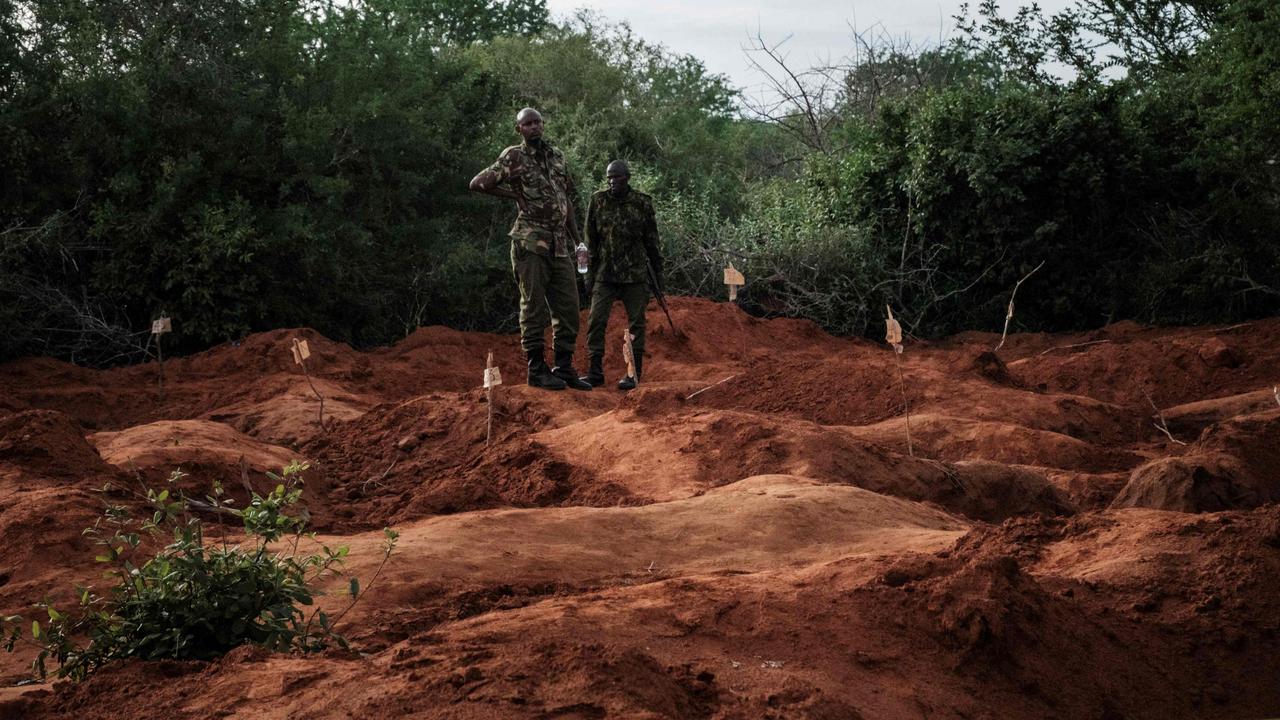
At Shakahola, church members paid a small fee to own plots where they were required to build houses and live in villages with biblical names like Nazareth, survivors said.
But Mackenzie became more demanding as he presided over his own mini-state, with people from different villages completely cut off from one another, said former church member Salama Masha.
“What made me (realise) Mackenzie was not a good person was when he said that the children should fast to die,” said Masha, who fled the congregation after witnessing the starvation deaths of two children.
“That’s when I knew that it’s not something I can do.”
Mackenzie set himself up in a grass-thatched house with a solar panel known as “ikulu,” or statehouse. He surrounded himself with personal bodyguards and informers and declared himself the prophetic “paapa” to his thousands of loyal followers.
Police found milk and bread in Mackenzie’s refrigerator as scores of them starved nearby. Authorities rescued 15 emaciated parishioners during the raid on the property last year.
“(He’s) like a chief, because they had a small village and my brother’s the elder of that particular village,” said Robert Mbatha Mackenzie, speaking of his older brother’s authority in Shakahola.
“He went there, and, in only two years, he made a big village. And many people followed him there.”
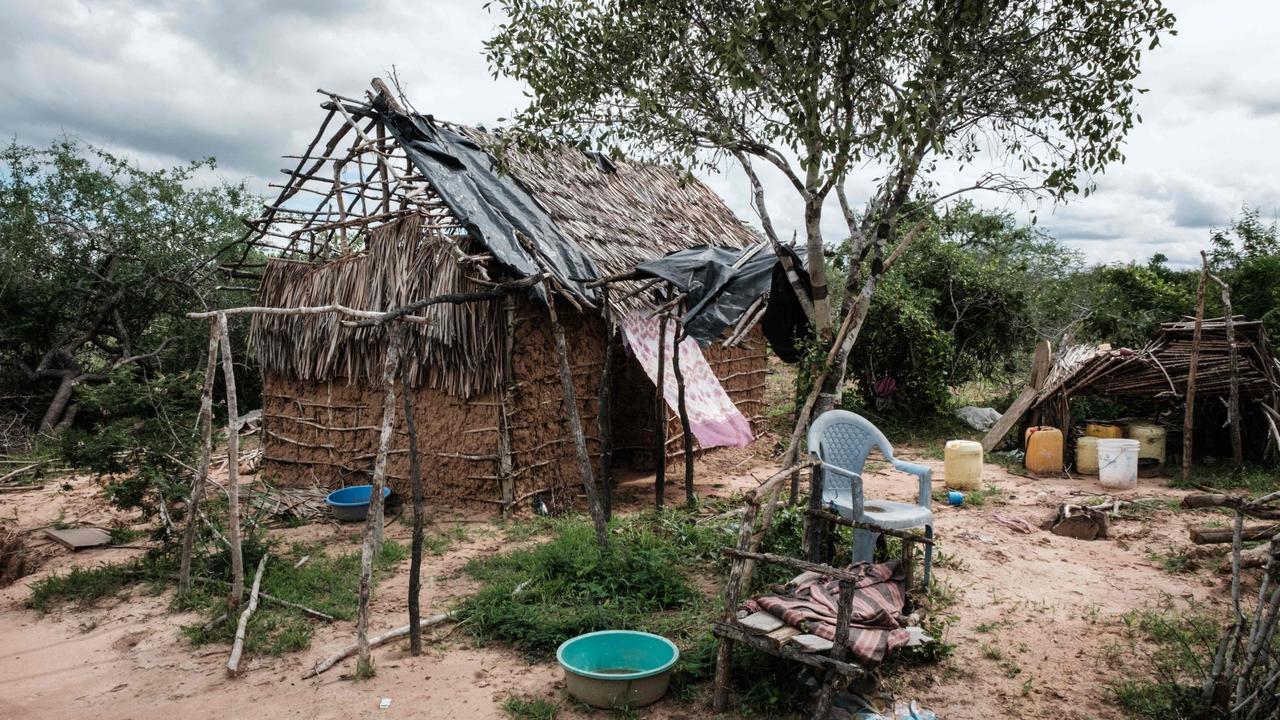
A former church member who escaped Shakahola said she lost faith in Mackenzie when she saw how his men handled people on the verge of dying from starvation. She said Mackenzie’s security team would simply whisk the person away, never to be seen again.
The bodyguards would rape women in the villages “like a routine,” the woman, who was not identified, said before revealing she was sexually assaulted by four men while pregnant with her first child.
Those who were caught trying to escape the violence through the dense bush faced beatings – as did those who broke their fast, survivors said.
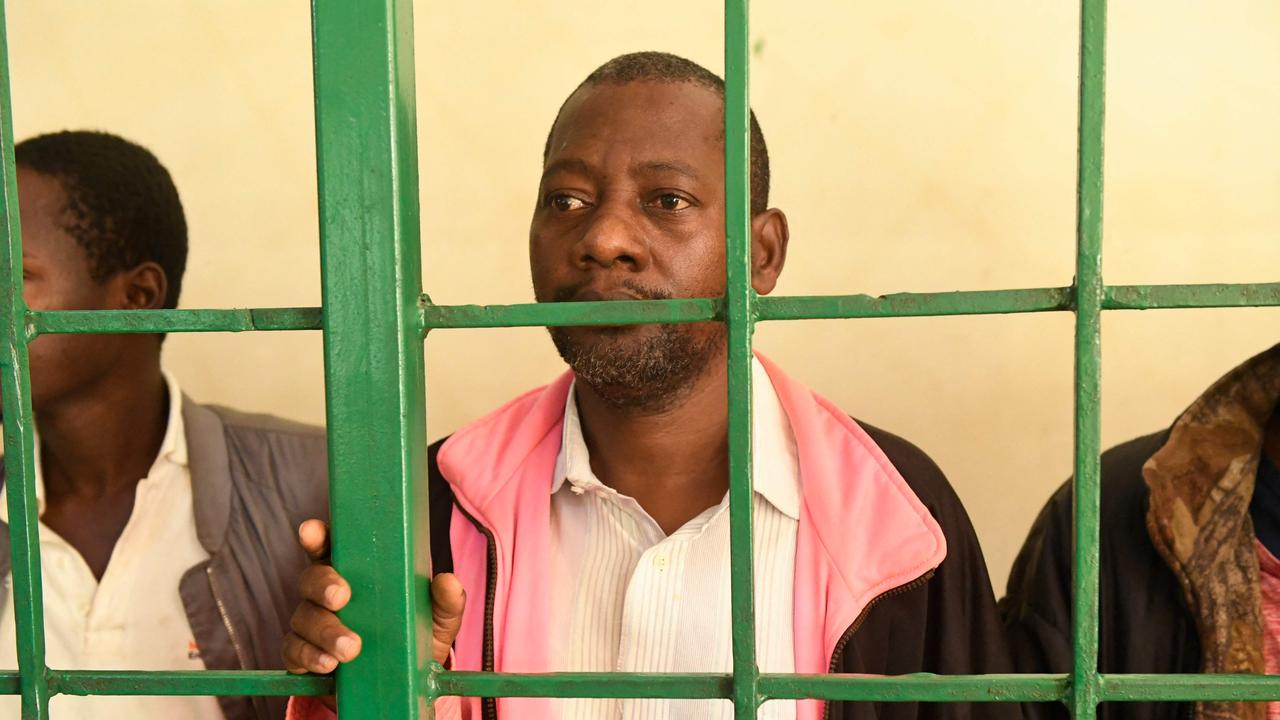
Autopsies on more than 100 bodies discovered in shallow graves showed deaths from starvation, strangulation, suffocation and injuries sustained from blunt objects.
Shukran Karisa Mangi, a gravedigger, said he believed more mass graves were yet to be discovered in Shakahola.
He is still disturbed from seeing the mangled body of a friend in one of the graves, with his head and torso twisted in the opposite directions.
“He died in a very cruel manner,” Mangi said. “Most of the time, I still think about how he died.”
At least 600 people are reported missing, according to the Kenya Red Cross.
Priscillar Riziki, who left Mackenzie’s church in 2017, lost her daughter and three grandchildren in Shakahola.
The heartbroken grandmother broke down as she recalled Mackenzie as “good at first” but increasingly harsh. Her daughter Lorine was not allowed to take her children on family visits without Mackenzie’s approval, Riziki said.
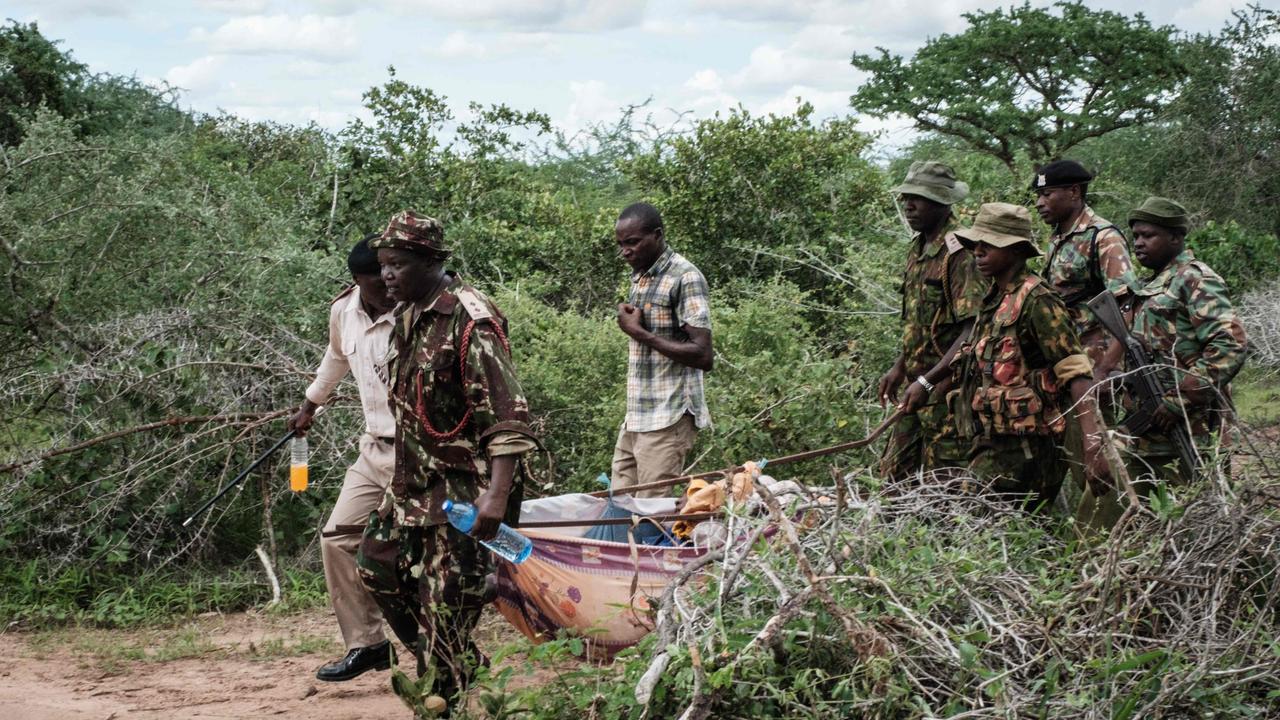
One of Riziki’s grandchildren was identified through DNA analysis and received a proper burial. Lorine and two of her children are presumed dead.
Witnesses said Mackenzie’s apocalyptic vision strengthened during the COVID-19 pandemic with the leader ordering more rigorous fasting. Parents were forbidden from feeding their children, according to former members.
Some of those who managed to flee began spreading the word about the suffering in Shakahola.
An attempted rescue mission from outsiders on motorcycles resulted in a fight. Two of the party’s motorcycles were set on fire, according to village elder Changawa Mangi Yaah.
However, police failed to act beyond making brief arrests.
Yaah said it was then that he realised “Mackenzie was more powerful than I thought.”
– With Post wires
This article originally appeared in the New York Post and has been reproduced with permission.



